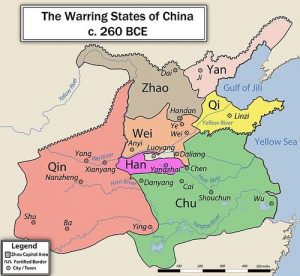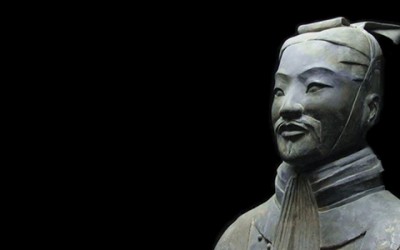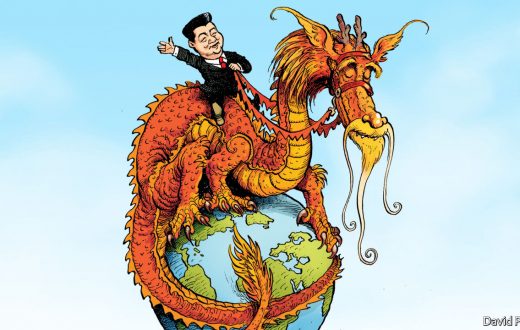Almost everyone has ever heard about the Art of War written by Sun-Tzu. In this article we’ll figure out how this book can be used in contemporary politics. This is a famous book and YoungDiplomats recommends it to you. We’ll focus mainly on this work but you have to keep in mind that we also worked on different less-known projects.
The context

We miss information on this point, but you have to keep in mind that Sun-Tzu wrote his book around 400 before Christ Era. At that time, China was split into several kingdoms. In China, this era is known as the Warring States period. So Sun-Tzu likely was an adviser of one king. Consequently, he wrote this treaty to help a political leader conquering other territories.
What you should retain from this text
Let us be honest. The work of Sun-Tzu is outdated. He dedicates several chapters for the use of fire or rivers crossing. But as political analysts, we have to keep in mind some famous sentences and the global lesson of his work. What is this teaching ? Sun-Tzu points out the role of non-violence. According to him, the best way to defeat an enemy is to prepare the invasion a long time before thanks to propaganda and spy works. Finally, the army gets into the country only to confirm a moral ascendance. Sun-Tzu deems war as expansive and he is in favor of trickery, lie and everything which could shorten war. According to him, political leader has to be wise and rational. Emotions have to be banned from war and strategy. War is based on knowledge and how much you know you’re enemy and yourself. If you don’t, victory is unreachable.
Famous quotes
“The supreme art of war is to subdue the enemy without fighting.”
“To know your Enemy, you must become your Enemy.”
“Appear weak when you are strong, and strong when you are weak.”








